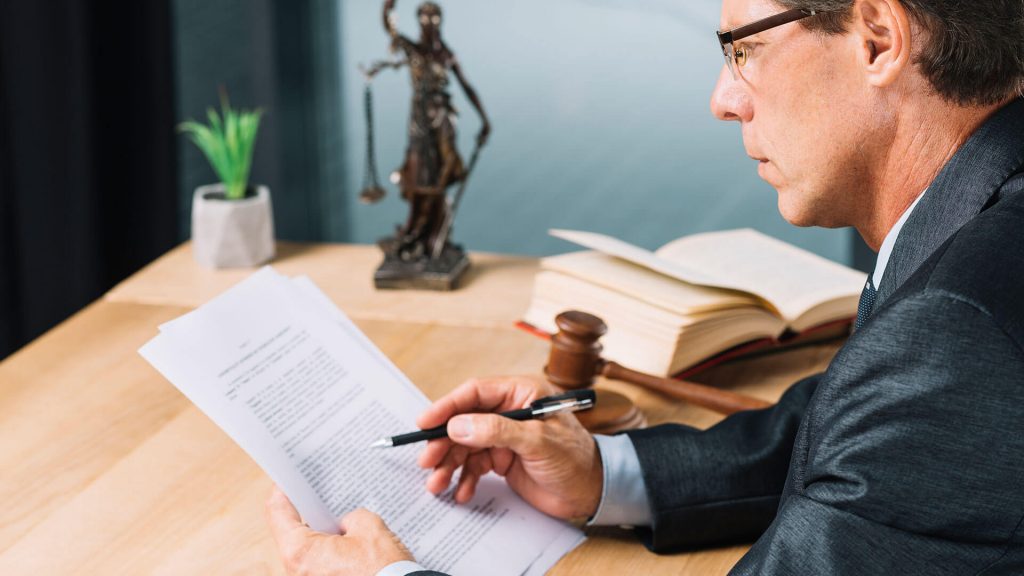This week, the Fourth Circuit Court of Appeals published its decision in Bland v. Roberts, a First Amendment case regarding a Facebook “like”. I wrote about this case last year in my National Law Review article on social media and harassment. I contended that a “like”, “retweet” or “+1” is evidence of employee support of employment-based harassment.
In my 2012 article, I contrasted the position of the National Labor Relations Board regarding Facebook “likes” in labor law. The NLRB took the position that “liking” could show concerted activity that would invoke the National Labor Relations Act. I also contrasted the underlying district court opinion in Bland; where the district court held that a “like” was not substantive speech under the First Amendment.
The substantive speech test applies strictly to First Amendment speech issues but the premise that a “like” has low value could apply in discrimination cases to exclude the “like” as evidence of harassment because it lacks a meaningful expression of agreement with the underlying comment.
I have not seen a case that tested the relevance of “likes” and other social media indicators of agreement in harassment cases; but it will only be a matter of time. (In addition to harassment, a “like” could invoke anti-retaliation provision of anti-discrimination laws.) However, the appellate opinion in Bland draws the legal analysis closer to my contention that a “like” can be meaningful.
Background on Bland v. Roberts
In the underlying case, Roberts was sheriff of a small town in Virginia. During a re-election campaign, Roberts told his staff that they better support his campaign or else. Six non-deputy employees took various steps to support the opponent. One did as little as clicking “like” on the opponent’s campaign page. Those six employees (along with a few deputies) were not rehired when Roberts won. They filed suit on the basis that Roberts had violated their First Amendment rights to freedom of speech, which only applies in employment settings when the employees are public employees.
The district court held that a “like” was not substantive speech, in other words, it was a gesture that was not important enough to merit constitutional protection, because it involved very little action on the part of the “speaker”. The appellate court disagreed, arguing that the “like” was a sign of support and required the same effort as putting a political sign in one’s yard, which the Supreme Court has held is protected under the First Amendment.

Effect on private employers
This carries an important effect for private employees, although the First Amendment does not prohibit your employer for firing you for speaking your mind. The court’s statement that a “like” rises to the level of constitutionally-protected speech can and will be asserted as evidence that a “like” is evidence of discriminatory speech in harassment and other employment discrimination claims.
If you’re sitting at work “retweeting” or “liking” content that could be harassing to another employee who may see it, you may find yourself a target for discipline under your employer’s anti-harassment policy. For victims of harassment, social media can be evidence of harassment in the workplace.
Often employees all friend each other and see each others’ posts. If co-workers use Facebook or other social media outlets to harass you then that is still harassment; especially if it is occurring at work, even if it is through a third party website. Not only can the comments made or pictures posted be evidence; but each “like” may be additional evidence that multiple employees participated.
Yet another reason why employees should be careful about using social media.
